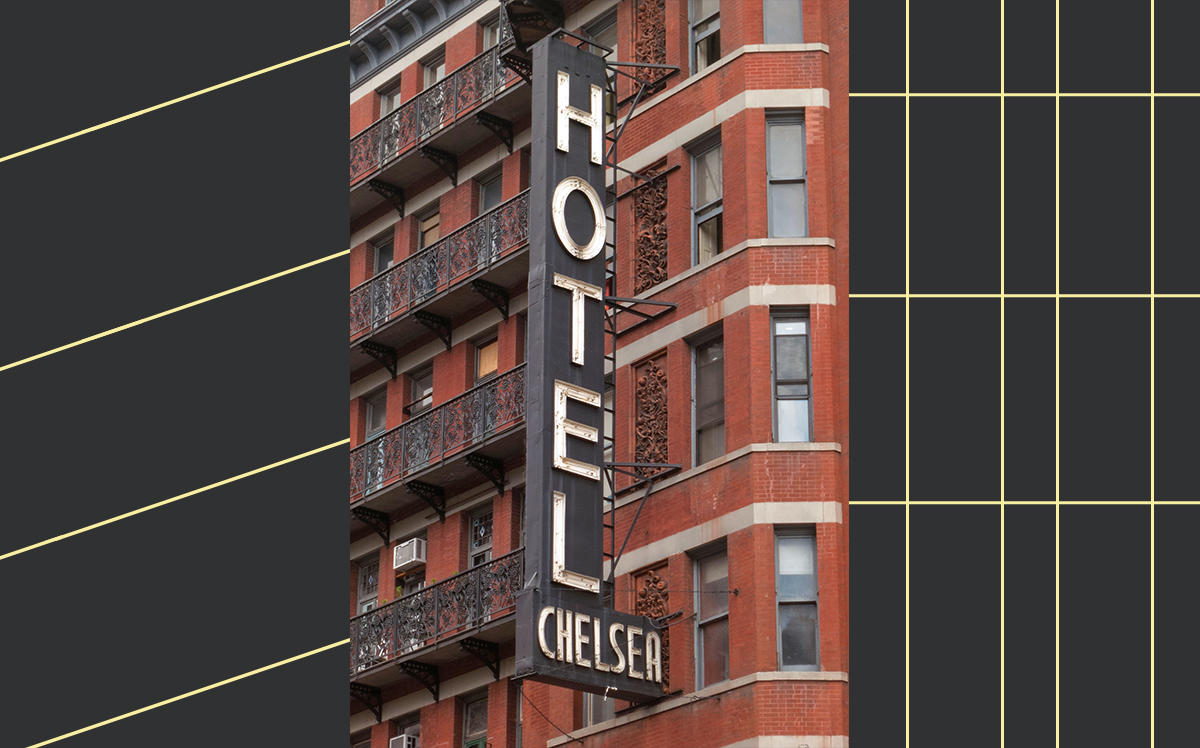Not every court decision begins with “this case has a tortured history.” But not every case involves the iconic Chelsea Hotel.
A judge last week dismissed a lawsuit five tenants brought against the hotel owner, BD Hotels, and noted the 16-month-old case’s difficult journey. State Supreme Court Judge Lynn Kotler ruled that the plaintiffs had not exhausted their “administrative remedies” through the city’s Department of Buildings and the Department of Housing Preservation and Development. BD Hotels is still facing a separate legal action undertaken by the city.
The tenants’ lawsuit accused BD Hotels of failing to amend the building’s certificate of occupancy to reflect that the landmark West 23rd Street property operates as an apartment building, not a hotel. Some 48 rent-stabilized tenants live in the building, which the owners are looking to convert into a hotel and condominium.
Tenants argued that not only does the certificate of occupancy incorrectly reflect the building’s use but also states that an “art studio” is located on the property’s “upper roof” when it is in fact on the 12th floor and “lower roof,” as described in an affidavit submitted by longtime tenant Susan Berg.
The judge rejected that point but wrote it had no bearing on the decision because the Department of Buildings is the only entity that has “the ability to amend, modify or revoke” a certificate of occupancy.
The DOB issued a stop-work order in November 2018, which has only been partially rescinded in the year and a half since to allow certain work. The tenants also argued in their suit that the owners have failed to secure a certificate of no harassment, as is required by the city in buildings with single-room occupancy units.
But the judge pointed to another case against BD Hotels, an ongoing trial before the city’s Office of Administrative Trials and Hearings. In that case, the city has alleged — in response to BD Hotels’ application for a certificate of no harassment — that tenants have faced forms of harassment, including the owner’s threats against tenants who complained to city agencies and failure to make repairs. That proceeding is expected to resume in late June.
An attorney for the tenants, Leon Behar, said his clients plan to appeal the decision, noting the “long history of administrative futility here regarding this owner and the Chelsea,” he wrote in an email. He added that the only reason BD Hotels filed for a certificate of nonharassment was that the lawsuit “finally forced the owner’s hand.” Behar said that came after years of the owner “failing to inform DOB” that such a certificate was required as a pre-condition for the work at the property.
But Born said the lawsuit doesn’t reflect the attitude of most of the building’s residents.
“The overwhelming majority of the tenants want us to finish the building,” Born said. It’s just a “small cabal of tenants” who are “hell bent” on preventing the project from moving forward.
If the history of a year-long lawsuit is “tortured,” the decade of sparring between a rotating cast of owners and the hotel’s tenants could be described as agonizing. The hotel — known for once being home to the likes of Janis Joplin, Dylan Thomas, Patti Smith and other famous artists and authors — closed to guests in 2011 after it was purchased by Joseph Chetrit. Tenants sued Chetrit and the subsequent owner, King & Grove, over conditions caused by renovation work that has dragged on ever since. When BD Hotels bought the property in 2016 for $250 million, the new owners projected that the revamped hotel-condominium would reopen in 2018.
Write to Kathryn Brenzel at kathryn@therealdeal.com
